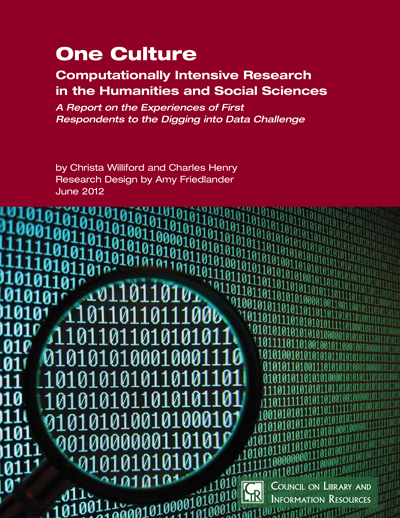Abstract
Recent scholarship has demonstrated that the various practices associated with Early Modern “commonplacing” -- the extraction and organization of quotations and other passages for later recall and reuse--were highly effective strategies for dealing with the perceived "information overload" of the period. But, the 18th century was also a crucial moment in the modern construction of a new sense of self-identity. Our goal is to examine this paradigm shift in 18th-century culture from the perspective of commonplaces and their textual and historical deployment in the contexts of collecting, reading, writing, classifying, and learning. These practices allowed individuals to master a collective literary culture through the art of commonplacing, a nexus of intertextual activities that we aim to explore through the concerted application of sequence alignment algorithms for shared passage detection and large-scale visual analytics on the largest collection of 18th-century works ever assembled.


